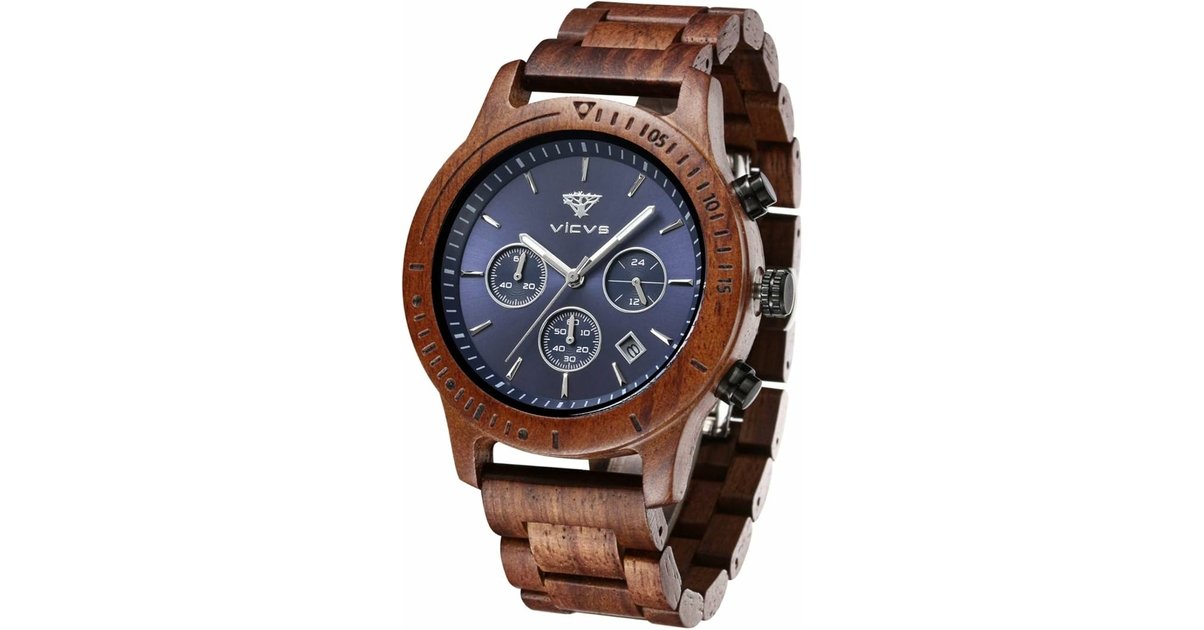Table of Contents
THE rangefinder is a very practical and precise measuring tool that can be integrated into a watch. It allows you to estimate the distance between your position and another point or object, based on known values such as movement speed or elapsed time. In this article, we will see how to effectively use your watch’s rangefinder through a few simple steps.
Understanding how the rangefinder works
Before you start using the rangefinder, it is essential to understand how it works. Typically, watches equipped with a telemeter use a pre-calibrated telemeter scale, which is part of the watch flange. This scale is graduated in units of distance (meters, kilometers, miles, etc.).
To carry out a measurement, we generally base ourselves on two values: the speed of movement and the elapsed time. The most commonly used method for this is triangulation, which consists of measuring the time it takes for a signal (sound, light, radio) to go to the targeted object and return.
By knowing the speed of propagation of the signal, it then becomes possible to calculate the distance traveled by it and therefore the distance which separates the user from the object.
Steps to use the rangefinder
Here is a simple tutorial to help you master using your watch’s rangefinder:
1. Prepare the watch and select the units of measurement
Start by making sure your watch is set to rangefinder mode and that the units of measurement are the ones you want to use (meters, kilometers, miles, etc.). This can usually be adjusted by pressing a key or accessing the settings menu.
2. Estimate the known speed of movement
To accurately measure a distance with the rangefinder, it is necessary to know the speed of movement of the object or signal used for the measurement. This speed can be expressed in meters per second, kilometers per hour, knots, etc. If you don’t know this value, you can optionally look it up or calculate it based on the data you have.
3. Measure elapsed time
Now that you have a known speed of movement, you need to measure the time elapsed between the emission of the signal and its return. To do this, use the stopwatch built into your watch or another time measurement method of your choice. When the signal returns, note the time elapsed since it left.
4. Use the telemetry scale
With the travel speed and elapsed time in hand, you are now ready to make your measurement. On the telemetry scale on your watch, look for the graduation corresponding to the movement speed you used (paying attention to the unit of measurement).
Then, follow this graduation until it crosses the graduation corresponding to the time elapsed since the emission of the signal.
The point where the two graduations intersect on the rangefinder scale indicates the distance between you and the object or point being targeted. Write down this value for future reference or to perform further calculations if necessary.
Tips and advice for optimal use of the rangefinder
- Train regularly: Practice is essential to mastering the use of the rangefinder and obtaining accurate measurements. Feel free to practice with different types of objects and distances to improve your skills.
- Pay attention to environmental conditions: Weather conditions, temperature, altitude and other factors can affect the accuracy of your measurements. Be sure to take this into account when making your calculations and possibly adjust your watch settings accordingly.
- Use a complementary measuring instrument: If you are unsure of the accuracy of your travel speed or elapsed time values, you can use another instrument (such as a tachometer or radar) to verify and adjust your data.
By following this method and tips, you will be able to take full advantage of the rangefinder built into your watch and use it as a measuring tool precise and efficient. Good practice and good discovery!






